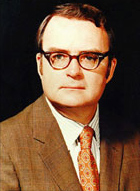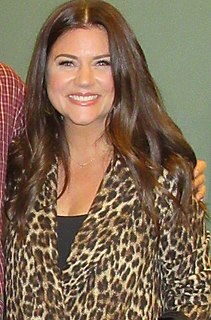A Quote by William Ruckelshaus
You go into a community and they will vote 80 percent to 20 percent in favor of a tougher Clean Air Act, but if you ask them to devote 20 minutes a year to having their car emissions inspected, they will vote 80 to 20 against it. We are a long way in this country from taking individual responsibility for the environmental problem.
Related Quotes
Economists often talk about the 80/20 Principle, which is the idea that in any situation roughly 80 percent of the “work” will be done by 20 percent of the participants. In most societies, 20 percent of criminals commit 80 percent of crimes. Twenty percent of motorists cause 80 percent of all accidents. Twenty percent of beer drinkers drink 80 percent of all beer. When it comes to epidemics, though, this disproportionality becomes even more extreme: a tiny percentage of people do the majority of the work.
In almost any change there is 20 - 60 - 20. 20% are doing the change and we need to stay out of their way. 20% will never get there (a large percent still go into banks to see tellers vs. ATMs). 60% are in the middle. I think you will always find some companies where the head of HR is not a member of senior management team (bottom 20% and some companies where she or he has always been (top 20%).




































